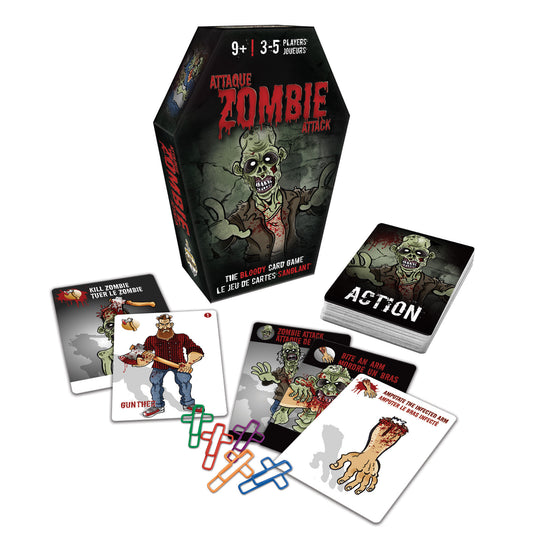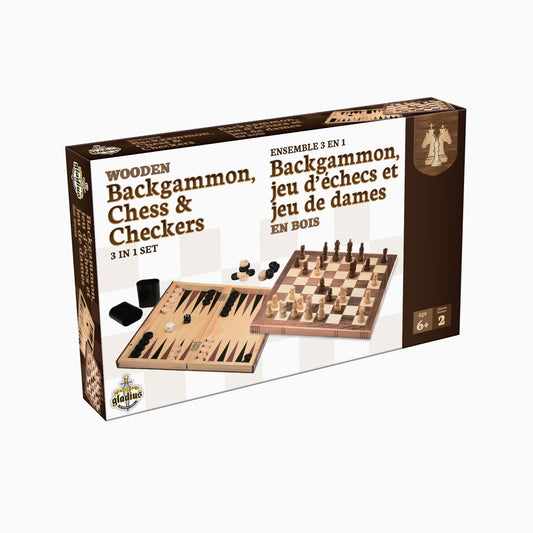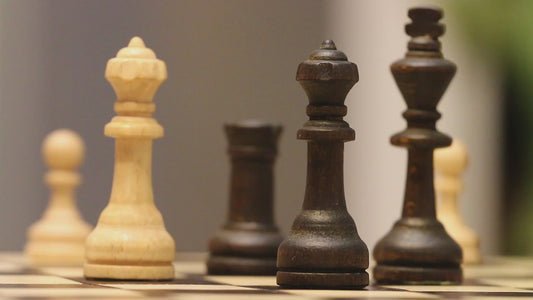
Problem solving
A little theory...
Problem solving for children involves their ability to identify, analyze and find solutions to challenges that arise during different play activities. This can include solving puzzles, making strategic decisions and dealing with obstacles encountered in play.
How to develop it
There are several strategies for developing problem-solving skills through play. Puzzle games, such as brainteasers or logic games, offer children the opportunity to work on breaking down complex problems into simpler steps and seeking solutions in a systematic way. These games encourage children to use critical thinking and explore different approaches to solving problems.
Similarly, simulation games, where children assume a role and have to manage a series of tasks or challenges, offer opportunities to practice problem-solving in a variety of contexts. For example, city management games or cooking games enable children to make quick decisions and solve problems in real time to achieve their goals.
Developmental psychologist Dr. David Elkind emphasizes the importance of simulation games in the development of children's problem-solving skills: "Simulation games offer children the opportunity to explore real-life scenarios and practice decision-making and problem-solving in a safe, controlled environment" (Elkind, D. "The Power of Play: Learning What Comes Naturally", 2007).
By introducing children to a range of problem-solving games, we offer more than just a diversion. These games are a key to unlocking a vital skill: the ability to solve problems. Thanks to these playful activities, children can not only have fun, but also develop their ability to meet the challenges of everyday life. Games provide an interactive and stimulating platform where children can hone their problem-solving skills in a fun way.
Reference
Elkind, D. "The Power of Play: Learning What Comes Naturally", 2007.





